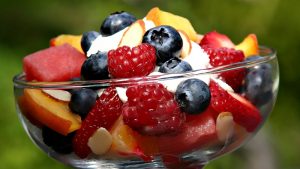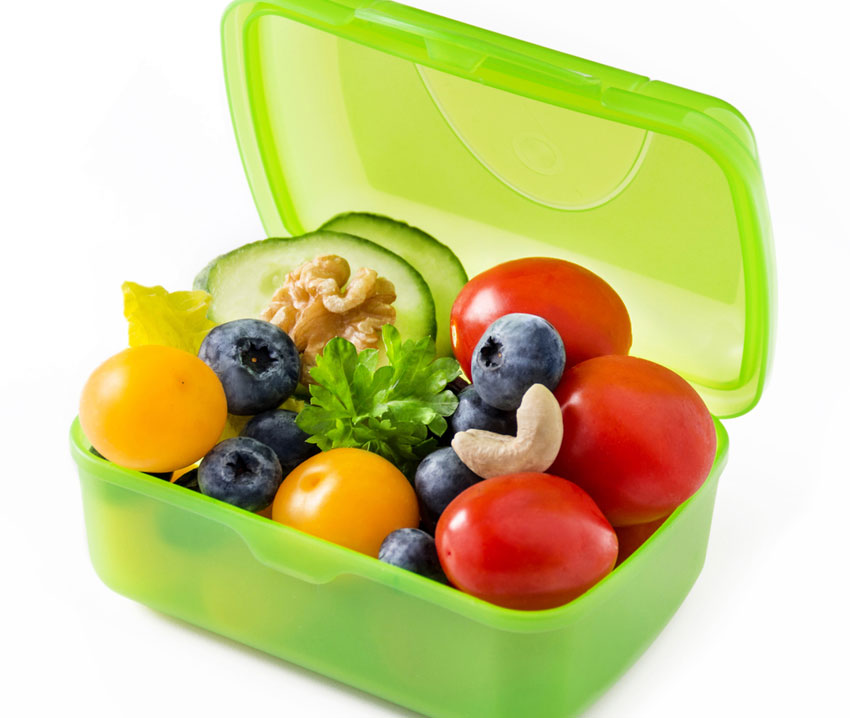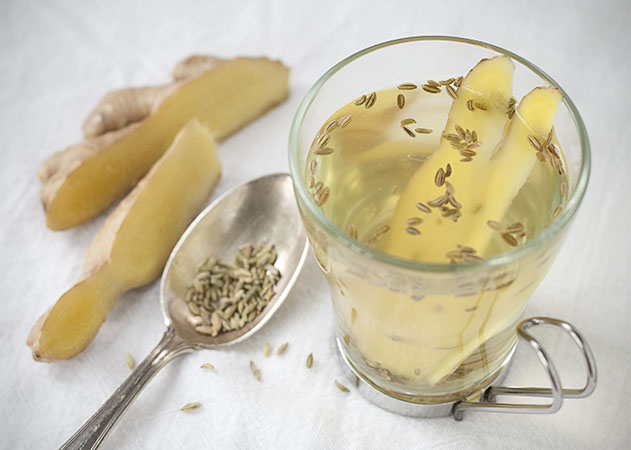As we move into warmer days, thoughts of spending time outside and enjoying summer get togethers often sparks conversations around a rather controversial topic: sugar!
In the summer, we tend to crave and enjoy more items loaded with sugar, such as popsicles, lemonade, jello, ice cream, and more.
So as we head into the warmer months, I want to clarify some of the conflicting info on sugar that’s out there, so you can enjoy a sweet and healthy summer!
First, not all sugar is created equal. All sugar has 4 calories per gram, just like any carbohydrate, but different types of sugar can improve or impair our health depending on their source.
For example, refined white sugar can have a negative impact on your health due to its heavy processing, whereas the sugar from raw honey (which is in its natural state) actually offers some health benefits. Glycemic index research has even shown that sugar from fruit and other natural sources doesn’t spike our blood sugar as quickly as white bread does, which is good news for anyone looking to manage their blood sugar levels.
Finally, sugar in any form is the brain and body’s most easily utilized macronutrient, providing us quick and accessible energy. Our bodies were designed to utilize sugar and carbohydrates, it’s just important that we are relying on sugar the way nature intended in: in its natural state.
Here are some of the healthier sugar options you can use, whether you’re looking to add some sweetness to an iced coffee, or having a yogurt parfait for breakfast.
- Honey: perfect for homemade lemonade (dissolve it in warm water first), with plain yogurt, fruit, salad
 dressings
dressings - Maple syrup: great in coffee, desserts, oats, or in plain yogurt
- Agave nectar: can be used similarly to honey and maple syrup, has a milder taste than honey
- Coconut sugar: use in coffee, tea, baking
- Organic cane sugar: best for recipes that call for granulated sugar
- Fruit & fresh fruit juice: of course these can be enjoyed on their own, or you can use them to make homemade popsicles, jello, or healthy desserts
The best way to ensure you are consuming healthier sources of sugar is to try and make your own sweet treats rather than store-bought, and stick to the sweeteners listed above.
For long haul drivers, keeping a small jar of honey or maple syrup in the truck can be a helpful way to avoid refined sugar on the road, especially in your morning coffee.
As with anything, moderation is important. You wouldn’t eat an entire bag of carrots in one sitting, so don’t assume this gives you free reign to eat an entire jar of honey at once either. Also note that we almost always recommend avoiding artificial sweeteners (aspartame, sugar alcohols), which can have a very negative impact on our health, sometimes even more so than refined white sugar can have. Stevia is often considered the “healthiest” calorie-free sweetener, but it’s high level of processing and evidence of damage to the gut microbiome is concerning.
Keep in mind if you are diabetic, your body is not properly able to regulate blood sugar levels, and your sugar consumption should be monitored, no matter what type of sugar you’re consuming.






Leave A Comment